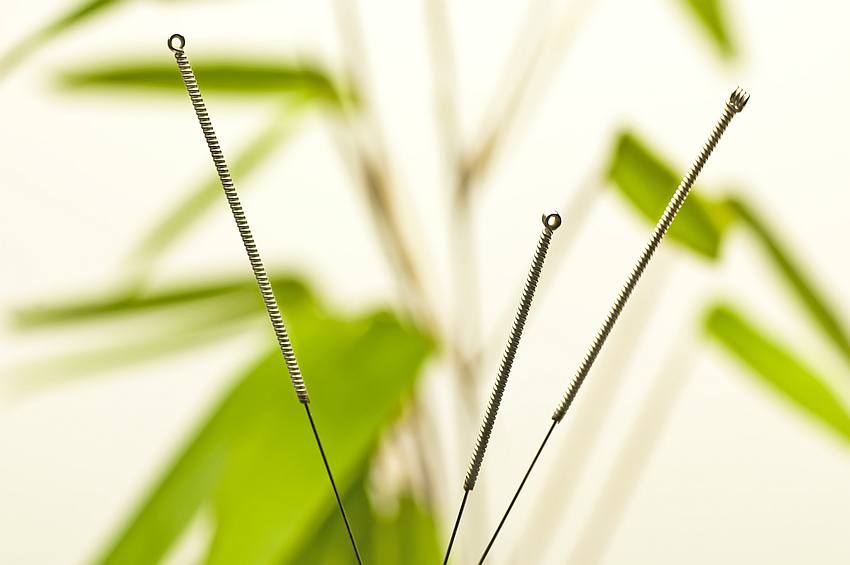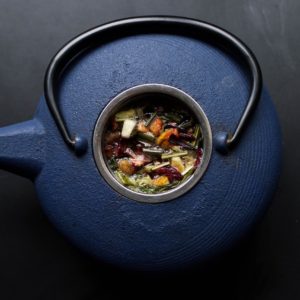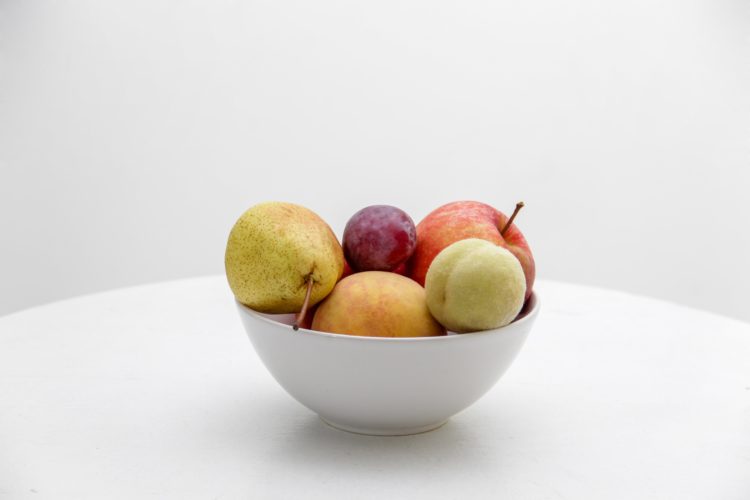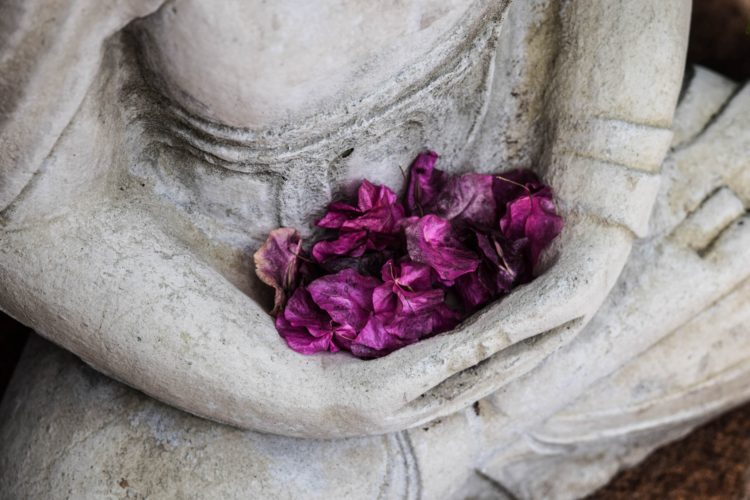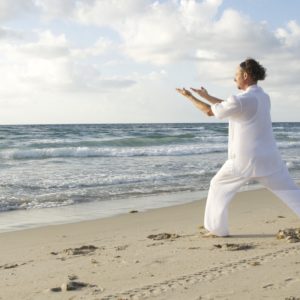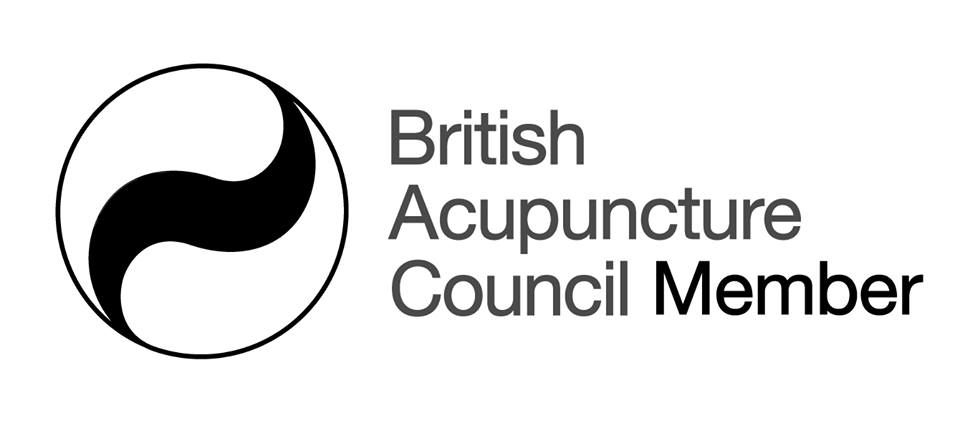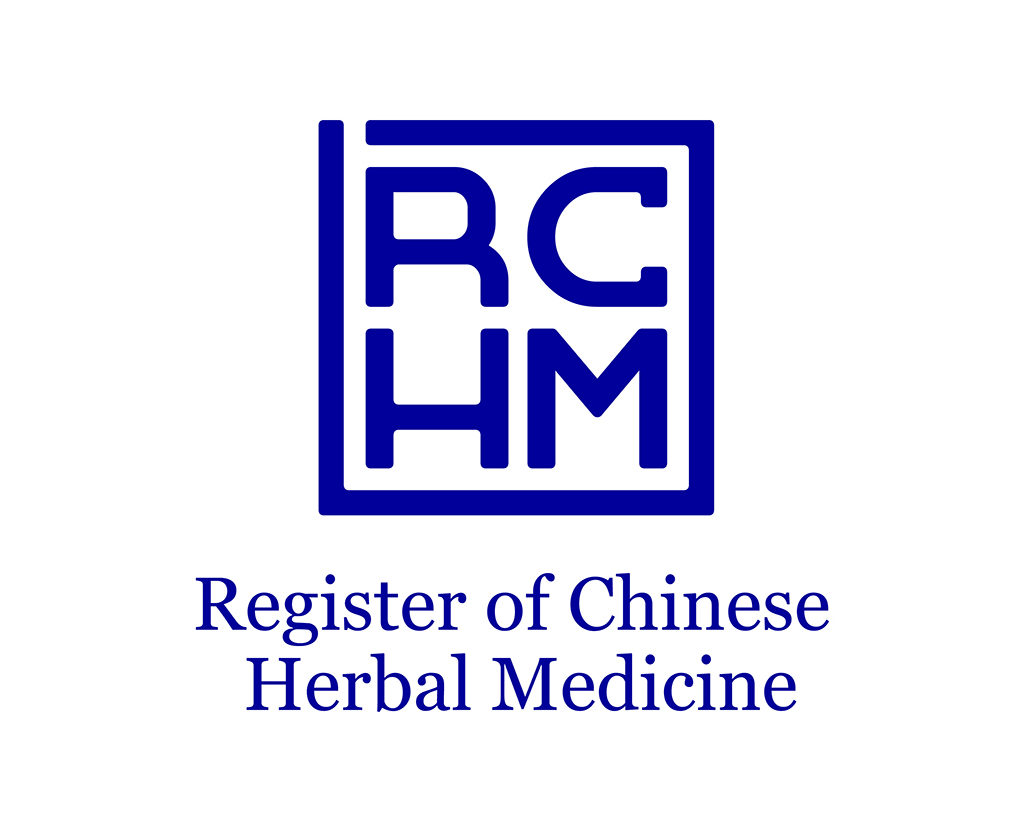Menopause
Natural support through menopause

Menopause and you
What most women think of as the menopause is actually the peri-menopause. It’s the hormonal changes and symptoms that generally start in your 40s and continue through the transition from a regular menstrual cycle to the time when your periods stop altogether.
Menopause itself is defined as having had no periods for 12 months. On average, this happens in your early to mid 50s. It’s also true too that in some women, peri-menopausal symptoms can extend beyond the time your periods stop.
Roughly 8 in 10 women will suffer some kind of symptoms durng their menopausal years. The severity depends on the individual, but there are some things, such as smoking, that are known to make symptoms worse.
The most common of all symptoms are hot flushes – a sudden feeling of heat in your face and upper body, accompanied by facial flushing – and night sweats. Most women suffer one or two other symptoms, but rarely all of them.
| Common symptoms | ||
|---|---|---|
| Hot flushes | Night sweats | Insomnia |
| Flooding | Vaginal dryness | Irregular periods |
| Weight gain | Thinning hair | Bladder problems |
| Chills | Fatigue | Painful intrecourse |
| Peri-menopausal brain fog! | Depression | Mood swings |
| Low libido |
There are also invisible consequences of reduced estrogen levels such as osteoporosis. – and by the way, remember that just because you’re peri-menopausal, if you’re still having periods, you can still get pregnant. So if that’s not what you want, don’t forget to take precautions.
None of this sounds much like fun, but for most women it’s actually quite containable and there’s a lot you can do to help yourselves.

Acupuncture and herbs for menopause
Chinese medicine (CM) can really help with many of the symptoms of menopause. It has it’s own system of diagnosis and treatment and has been used to treat generations of women.
Both acupuncture and herbs aim to re-balance the ‘energies’ that are causing the menopausal symptoms. The main imbalances arise from the natural and gradual waning of what CM calls the ‘kidney energies’ that support life and fertility. However, every diagnosis takes into account the personal history and constellation of symptoms of the individual patient and yours may be quite different than someone elses..
Although Chinese medicine uses its own language to describe things, acupuncture probably works by balancing hormones, reducing stress and stimulating the molecules that improve mood and factors that regulate the nervous system.
It’s great for hot flushes and night sweats and has also been shown to improve blood flow to your pelvic organs and genital bits which may help with vaginal dryness and urinary tract symptoms.
There are classical hebal prescriptions which are traditionally used to treat menopausal symptoms including vaginal dryness, hot flushes and osteoporosis. A herbal diagnosis is based on the same traditional methods as acupuncture and your prescription will be individual to you.
If you want to find out if Chinese medicine can help you, please get in touch.

Menopause and your mind
Sleep disturbance, mood swings and the so called ‘peri-menopausal brain-fog’ can all result from the effects of hormonal imbalances . Nothing is a magic bullet, but acupuncture and herbs can be really helpful treatments for all these issues.
Japanese women have fewer problems with menopause than we do over here, as their society is more supportive/accepting. For most women in the west, however, the psychological shift at menopause (I call it ‘The M Word)’ is probably the hardest things to come to terms with and for some women it can lead to depression.
Finding a new identity, independence and purpose can be daunting. I hope that along with treatment, I also provide a supportive, friendly space to talk it all through.
Please get in touch if you’d like to find out if I could help.
